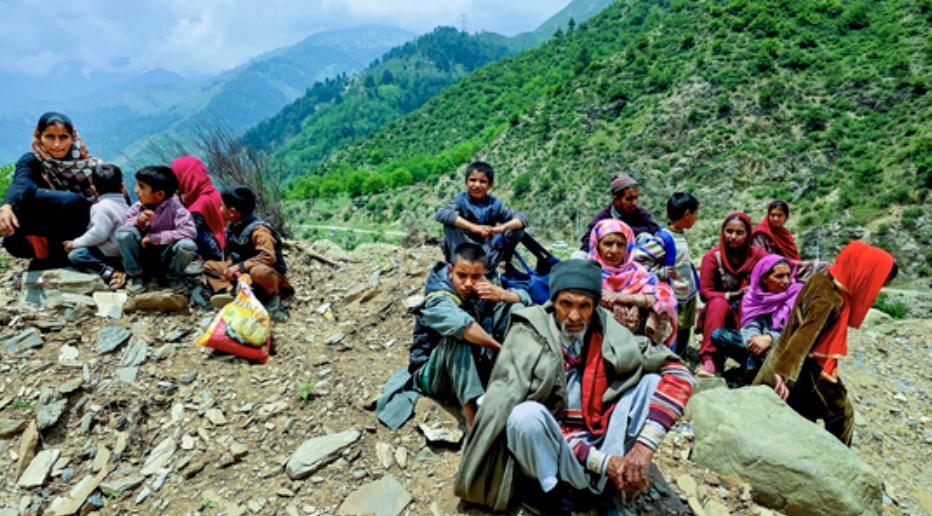
Can’t Trust Pak: J&K Residents on Returning Home After Ceasefire
The recent India-Pakistan ceasefire has brought a sense of relief to the residents of Jammu and Kashmir’s border areas, but many are still hesitant to return to their homes. Despite the truce, the fear of war and the lack of trust in Pakistan’s intentions have made it difficult for many to go back to their villages. In this blog post, we will explore the reasons behind this hesitation and what the residents of Jammu and Kashmir are saying about returning home.
The India-Pakistan ceasefire, which came into effect on February 25, has brought a welcome respite to the residents of Jammu and Kashmir’s border areas. However, the fear of war and the lack of trust in Pakistan’s intentions have made it difficult for many to return to their villages. The residents of these areas are still worried about the possibility of violence erupting again, and many are not willing to take the risk.
“I am desperate to go to my village because I can’t open my shop…But people still believe war isn’t over,” said a resident of the border town of Samba. “We have been living in uncertainty for so long. We don’t know what will happen next.”
The residents of Jammu and Kashmir’s border areas have been living in a state of uncertainty for many years. The border has been a flashpoint for violence, with both India and Pakistan engaging in several skirmishes and clashes. The residents of these areas have been forced to live in fear of war and violence, and many have been displaced from their homes.
Despite the ceasefire, the residents of these areas are still worried about the possibility of violence erupting again. Many are not willing to take the risk of returning to their villages, and are instead choosing to stay in safer areas. “We are not going back to our villages because we are not sure what will happen,” said a resident of the border town of Poonch. “We don’t know if the war will start again, and we don’t want to take the risk.”
The lack of trust in Pakistan’s intentions is another major reason why many residents of Jammu and Kashmir’s border areas are hesitant to return to their homes. The residents of these areas have been hurt by Pakistan’s actions in the past, and many are not willing to trust them again. “Pakistan has always been involved in terrorist activities in our state,” said a resident of the border town of Rajouri. “We don’t believe that they will keep the ceasefire. They will start fighting again, and we don’t want to get caught in the middle.”
The Indian government has been working to create a conducive environment for the residents of Jammu and Kashmir’s border areas to return to their homes. The government has set up camps for the displaced people, and has been providing them with food and other essential items. The government has also been working to restore infrastructure and basic amenities in the border areas, and has been providing security to the residents of these areas.
Despite these efforts, many residents of Jammu and Kashmir’s border areas are still hesitant to return to their homes. The fear of war and the lack of trust in Pakistan’s intentions are major reasons why many are not willing to take the risk of returning to their villages. “We are not going back to our villages because we are not sure what will happen,” said a resident of the border town of Poonch. “We don’t know if the war will start again, and we don’t want to take the risk.”
In conclusion, the residents of Jammu and Kashmir’s border areas are still hesitant to return to their homes despite the ceasefire. The fear of war and the lack of trust in Pakistan’s intentions are major reasons why many are not willing to take the risk of returning to their villages. The Indian government has been working to create a conducive environment for the residents of these areas to return to their homes, but many are still hesitant to do so. Only time will tell if the ceasefire will hold and if the residents of Jammu and Kashmir’s border areas will be able to return to their homes safely.






